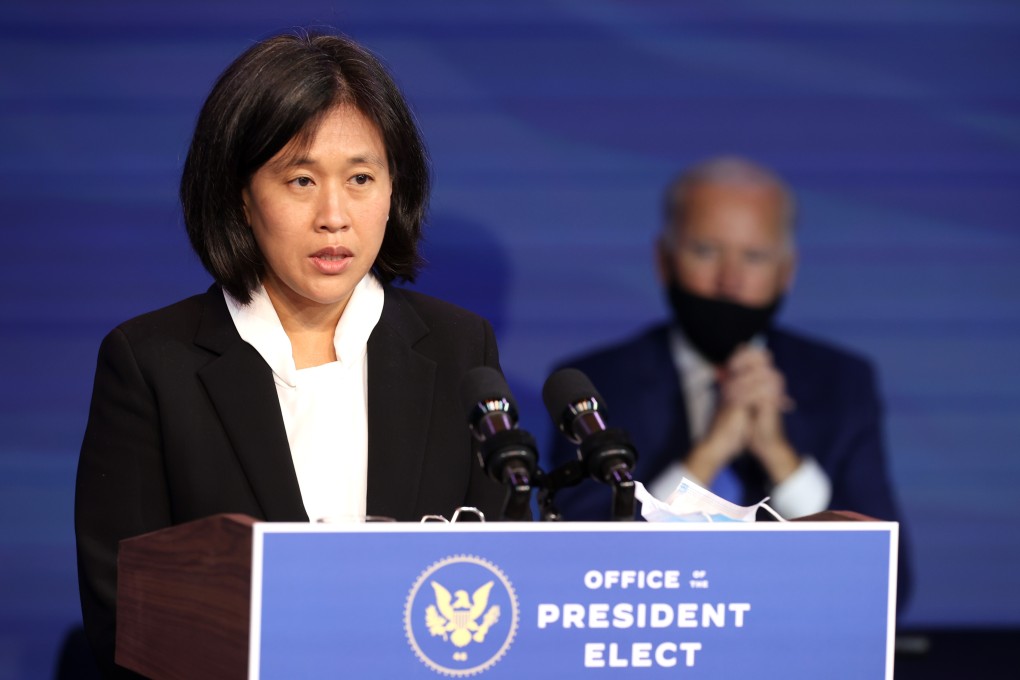US-China relations: Biden must act on his window of opportunity on trade
- If Biden really wants to deal with ‘serious competitor’ China, multilateral commitments are essential, particularly before his powers to fast-track trade deals end in July
- China also has a chance to show willingness to cooperate on Covid-19, climate action and the global recession, which could warm ties with the US

Conventional wisdom has it that international trade issues are a low priority for the new Biden administration in Washington. The megaphone priorities are bringing the vicious Covid-19 pandemic under control, tackling the recession and addressing the deep, racially driven schisms in US society.
No one is going to contradict these urgent priorities, but there are some issues and undercurrents that might – between now and July at least – defy conventional wisdom. Trade may figure more than people expect.
There are good reasons for President Joe Biden to be reluctant to give any priority to trade. First, it is not front of mind for US voters: why waste political capital on an issue not of burning concern to those who brought him to power last month?

03:05
Biden calls China the ‘most serious competitor’ to the US, in his first foreign policy address
Second, many Democrats are, to put it politely, deeply sceptical about the merits of liberal trade, blaming hundreds of US multinational companies for the past decade’s economic troubles, including rising unemployment and falling wages.
